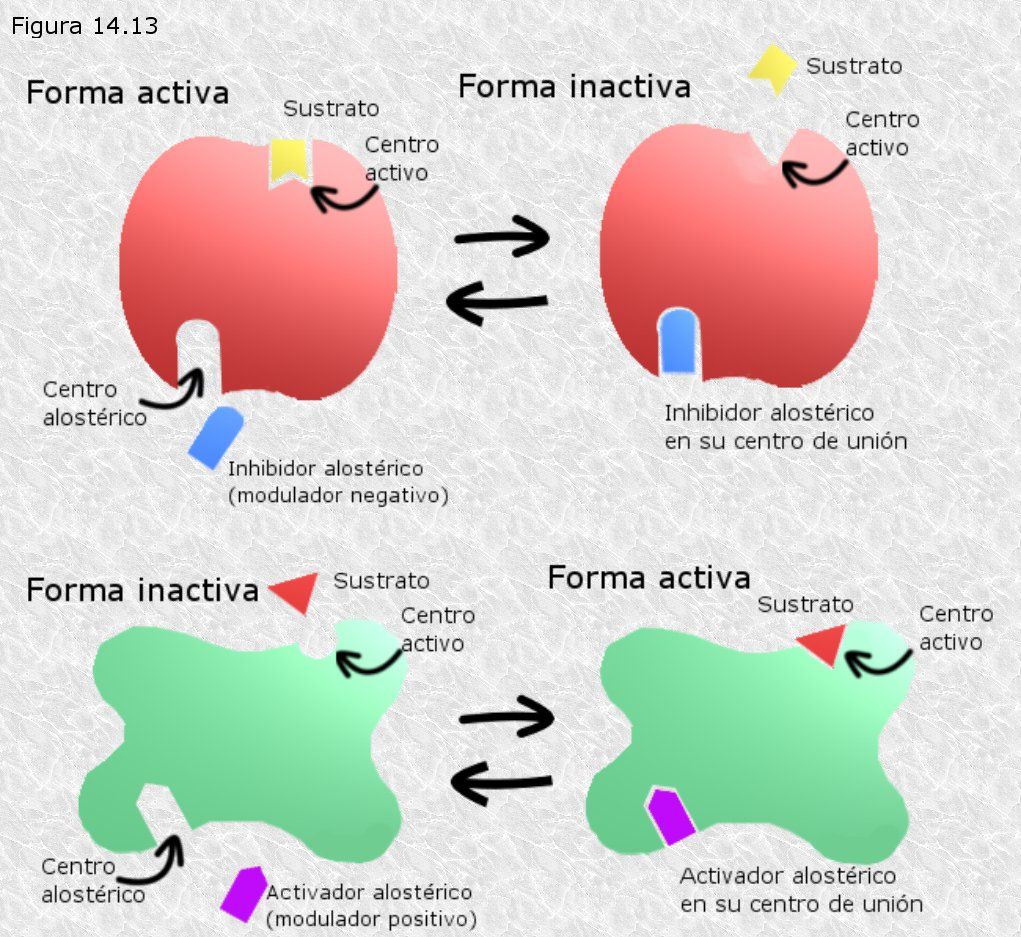Sensitive Teeth: Relieve Pregnancy Discomfort
During pregnancy, women experience a myriad of physical changes that can affect various aspects of their health, including their oral health. One common issue that pregnant women face is sensitive teeth, which can be a source of significant discomfort. Sensitive teeth, also known as dentin hypersensitivity, occur when the dentin, the layer of tissue beneath the enamel, becomes exposed, allowing hot, cold, sweet, or sour substances to reach the nerves and cause pain.
Pregnancy-related hormonal fluctuations, particularly the increase in estrogen and progesterone levels, can contribute to sensitive teeth. These hormonal changes can affect the gums, causing them to swell and recede, which can expose the roots of the teeth and lead to sensitivity. Additionally, pregnancy can also lead to changes in eating habits, such as consuming more acidic or sugary foods and drinks, which can further exacerbate tooth sensitivity.
Understanding the Causes of Sensitive Teeth During Pregnancy
To effectively manage sensitive teeth during pregnancy, it’s essential to understand the underlying causes. Some of the key factors that contribute to sensitive teeth include:
- Hormonal fluctuations: The surge in estrogen and progesterone levels during pregnancy can affect the gums and teeth, leading to sensitivity.
- Gum recession: As the gums recede, the roots of the teeth become exposed, making them more susceptible to sensitivity.
- Acid erosion: Consuming acidic foods and drinks can wear away the enamel, exposing the dentin and causing sensitivity.
- Poor oral hygiene: Inadequate brushing and flossing can lead to plaque buildup, which can contribute to sensitive teeth.
Relieving Sensitive Teeth During Pregnancy
Fortunately, there are several ways to relieve sensitive teeth during pregnancy. Some effective remedies include:
- Desensitizing toothpaste: Using a toothpaste specifically designed for sensitive teeth can help block the dentin tubules and reduce sensitivity.
- Fluoride mouthwash: Rinsing with a fluoride mouthwash can help strengthen the tooth enamel and reduce sensitivity.
- Dietary changes: Avoiding acidic and sugary foods and drinks can help reduce sensitivity.
- Good oral hygiene: Practicing good oral hygiene, including regular brushing and flossing, can help prevent plaque buildup and reduce sensitivity.
It's essential to note that while these remedies can provide relief, it's crucial to consult with a dentist to rule out any underlying conditions that may be contributing to sensitive teeth. A dentist can provide personalized advice and treatment to help manage sensitive teeth during pregnancy.
Preventing Sensitive Teeth During Pregnancy
While relieving sensitive teeth is crucial, preventing them from occurring in the first place is equally important. Some effective preventive measures include:
- Regular dental check-ups: Scheduling regular dental check-ups can help identify any oral health issues early on, including sensitive teeth.
- Good oral hygiene: Practicing good oral hygiene, including regular brushing and flossing, can help prevent plaque buildup and reduce sensitivity.
- Healthy diet: Consuming a healthy, balanced diet that is low in acidic and sugary foods and drinks can help reduce the risk of sensitive teeth.
- Avoiding tobacco: Avoiding tobacco products, including smoking and chewing tobacco, can help reduce the risk of sensitive teeth.
Can I use desensitizing toothpaste during pregnancy?
+Yes, desensitizing toothpaste is generally safe to use during pregnancy. However, it's essential to consult with a dentist or healthcare provider before using any new products, especially if you have any underlying medical conditions or concerns.
How often should I visit the dentist during pregnancy?
+It's recommended to visit the dentist at least once during pregnancy, preferably during the second trimester. However, if you have any oral health concerns or issues, you may need to visit the dentist more frequently.
Can I get a dental filling during pregnancy?
+Yes, dental fillings are generally safe during pregnancy. However, it's essential to consult with a dentist or healthcare provider to determine the best course of treatment and to ensure that any necessary precautions are taken.
Conclusion
Sensitive teeth during pregnancy can be a source of significant discomfort, but there are several effective remedies and preventive measures that can help alleviate the issue. By understanding the causes of sensitive teeth, practicing good oral hygiene, and consulting with a dentist, pregnant women can reduce their risk of sensitive teeth and maintain good oral health throughout their pregnancy. Remember, a healthy smile is not only essential for overall health, but it’s also a beautiful way to welcome a new baby into the world.


